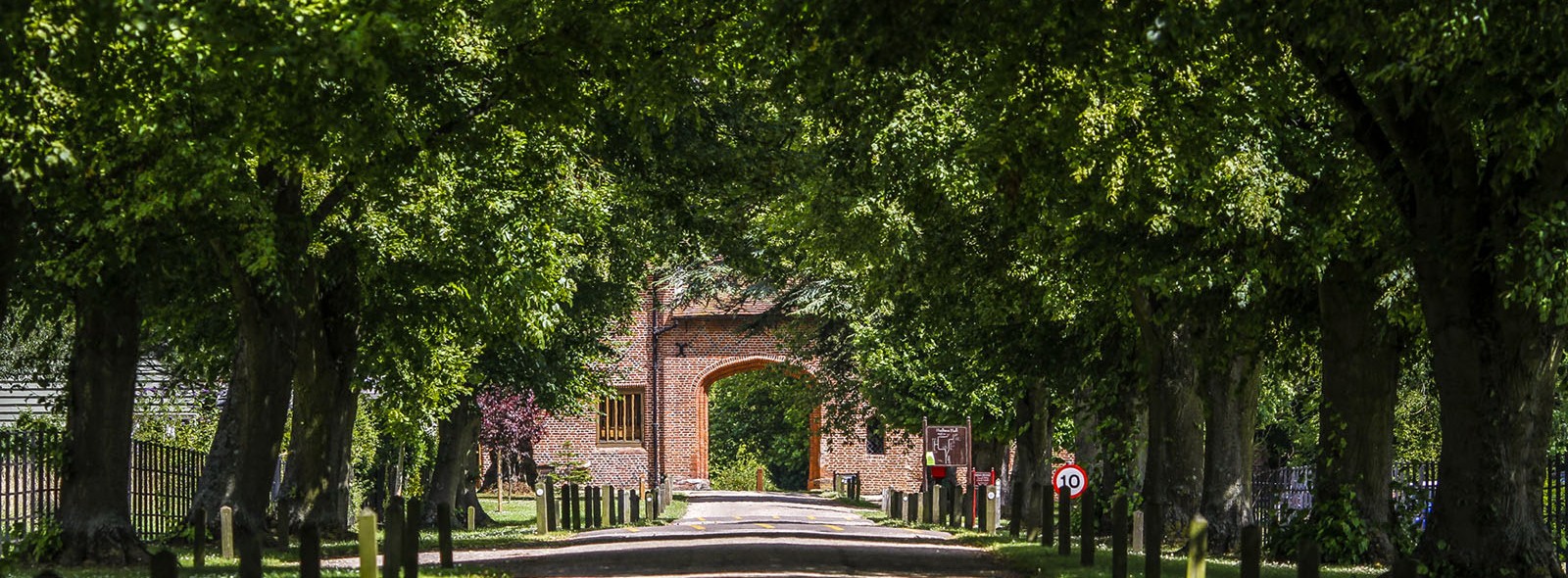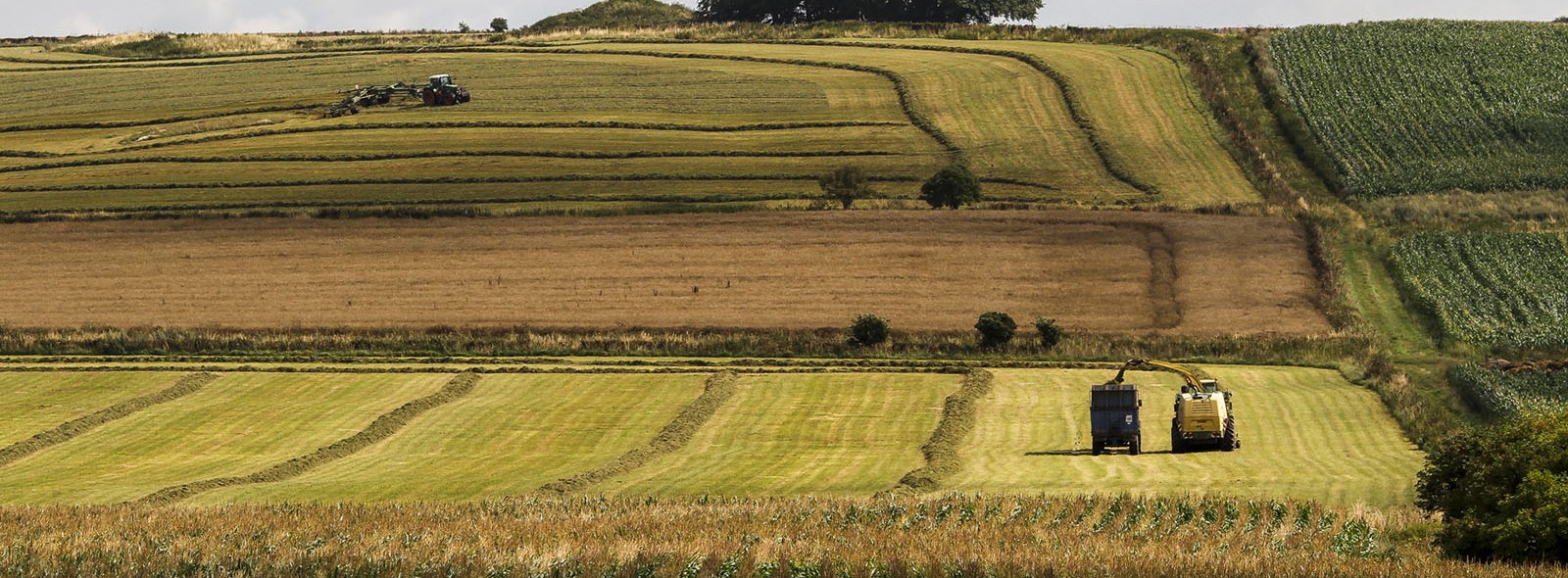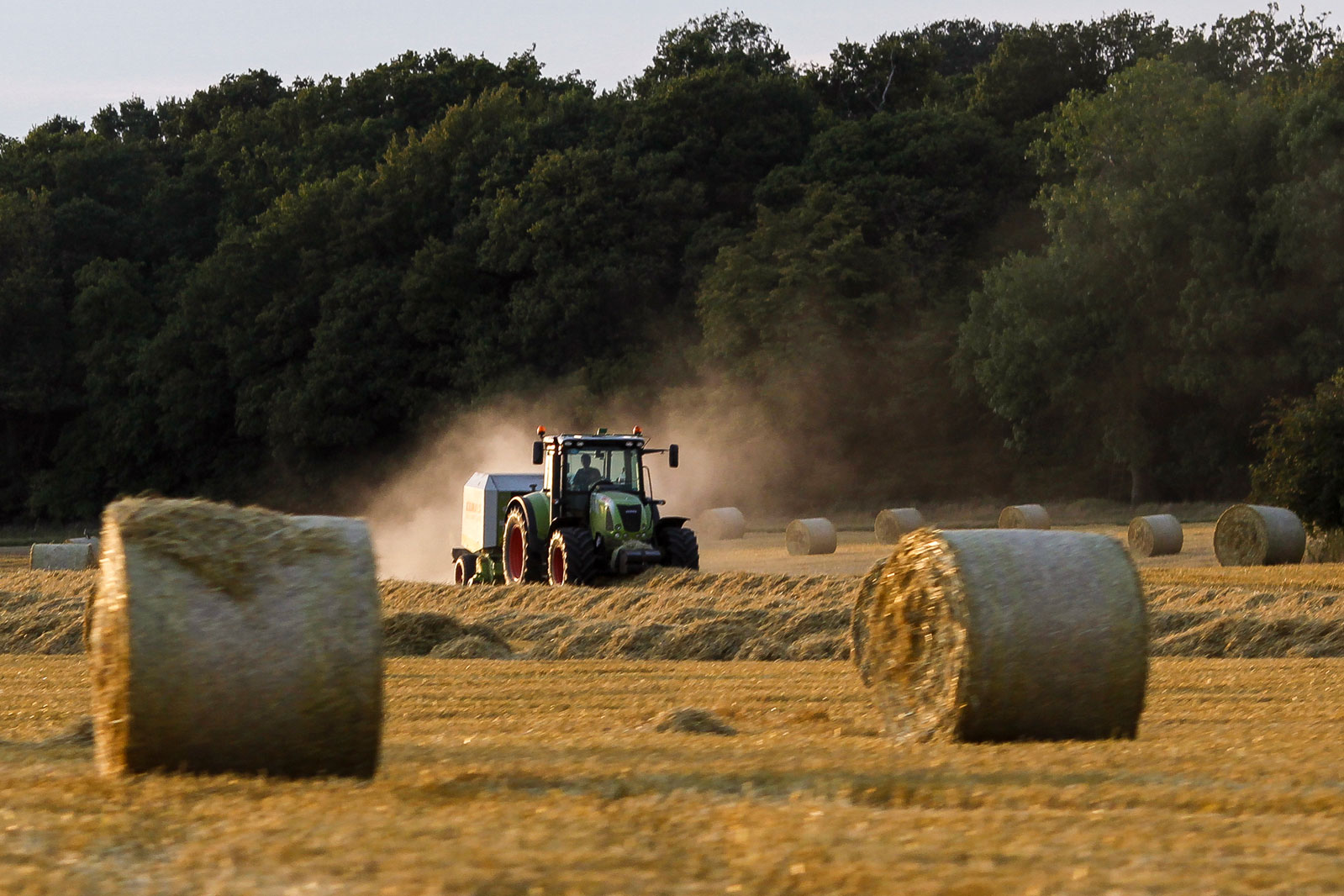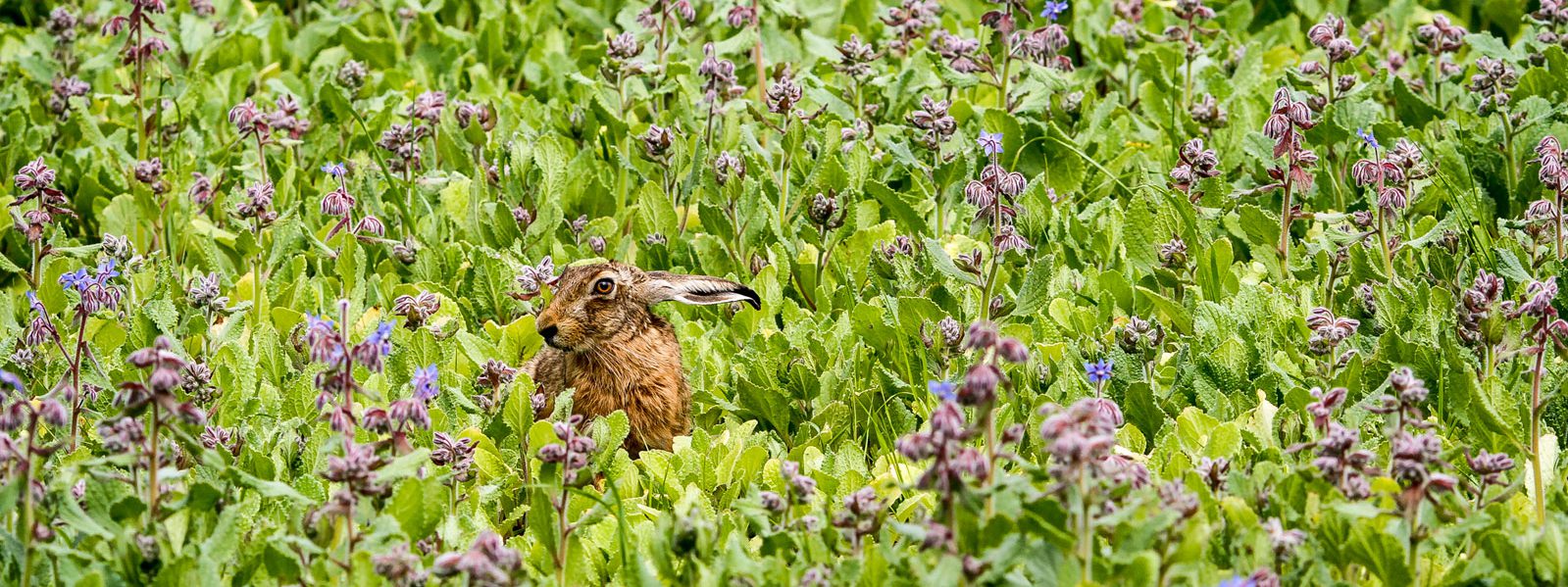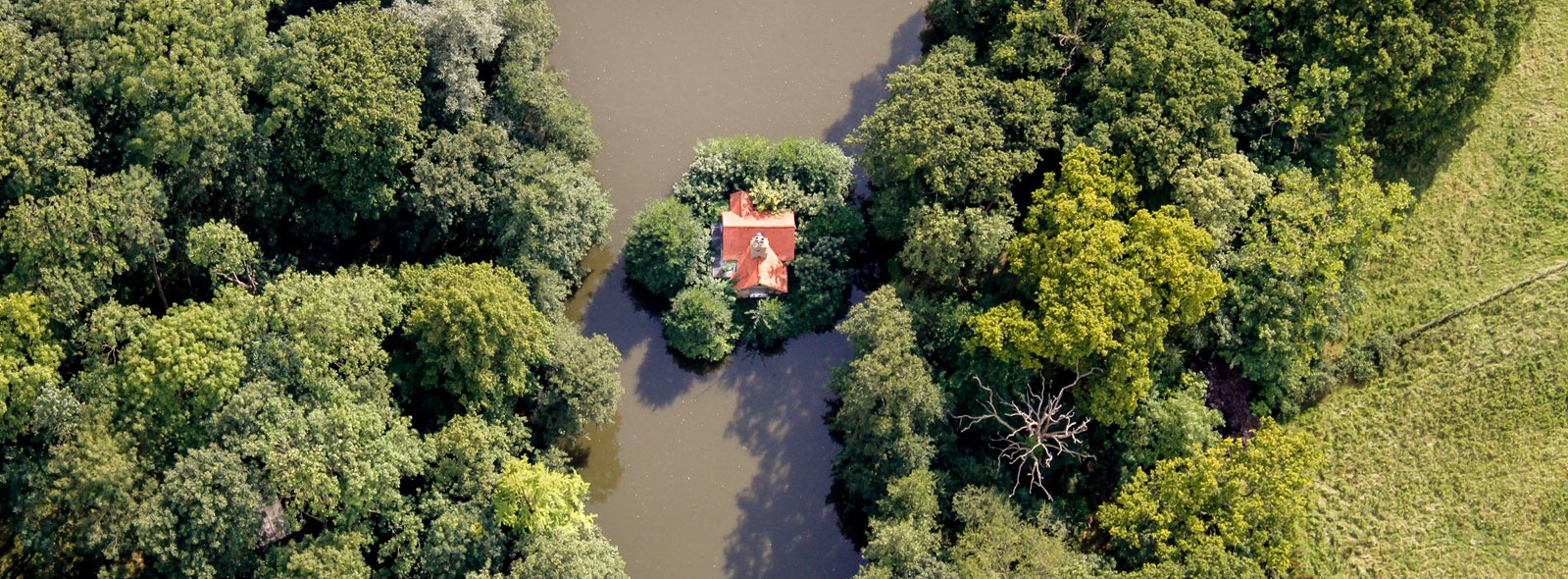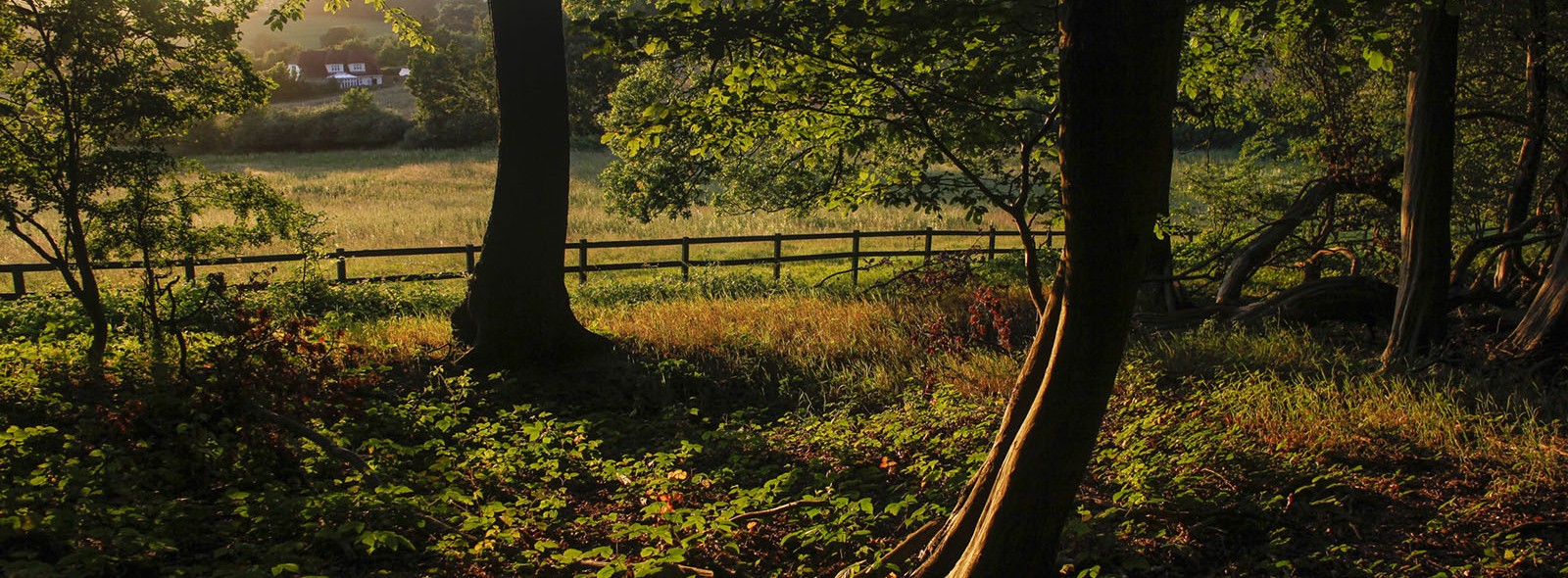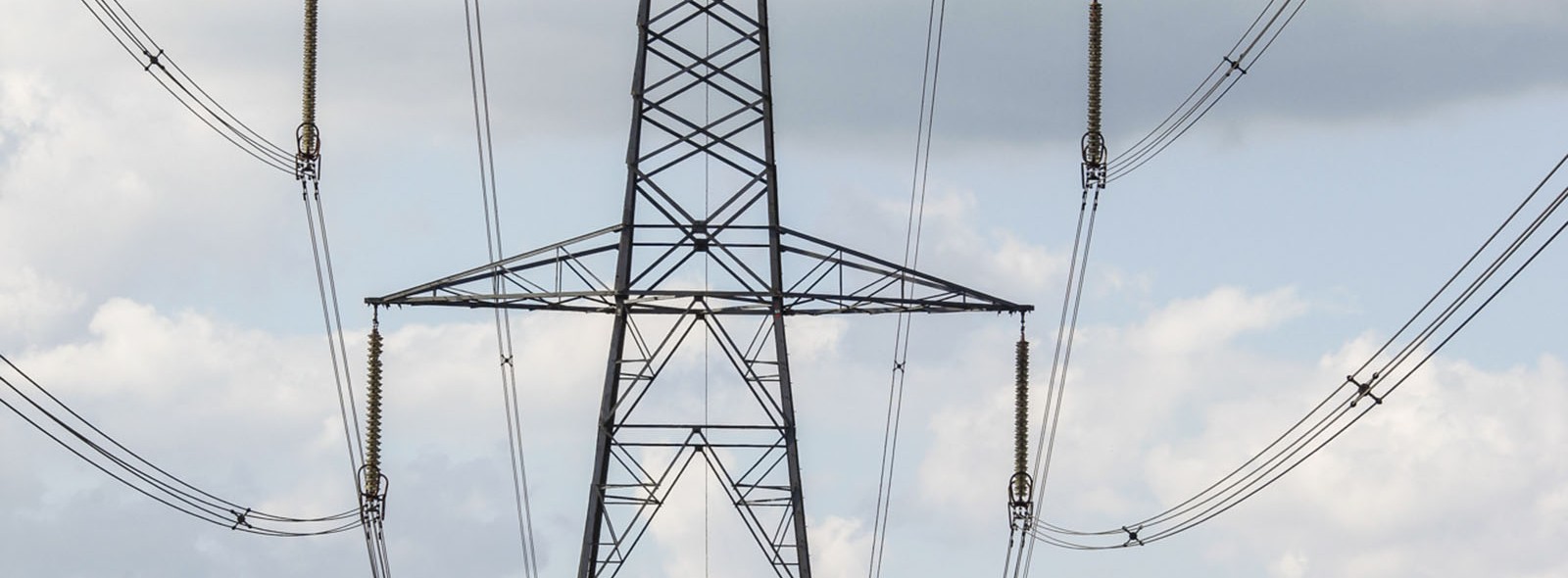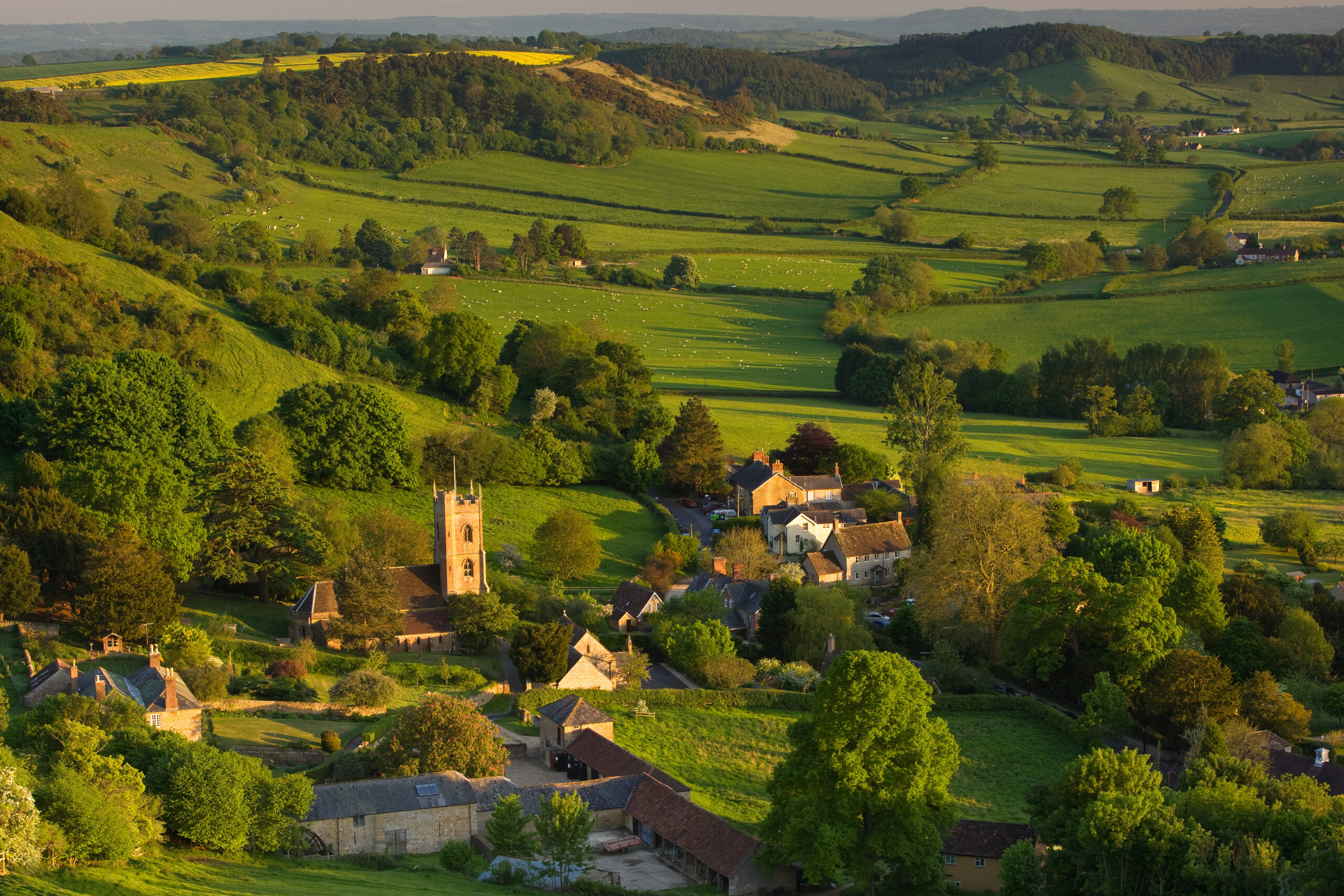
The latest announcement from the UK Government in response to the Biodiversity Net Gain (BNG) consultation has confirmed that the mandatory BNG market will commence from November 2023.
Although some details are still yet to be confirmed, we now know that landowners will be allowed to stack payments with other credits and schemes, but with some limitations. This means that biodiversity credits or nutrient units from other nature markets for the same activity on a piece of land can be lumped together. Landowners will also be able to sell BNG units at the same time as claiming BPS, Sustainable Farming Incentive, Countryside Stewardship, Environmental Stewardship and Landscape Recovery payments and some existing woodland grants but further habitat enhancements will be required.
Although we are still awaiting figures on the potential income that could be provided for landowners by BNG, we do know that biodiversity unit pricing is set to be reviewed every six months and that these units will be privately traded through agents, with no government regulation.
Although, there is still no news on the tax implications for landowners, we do know that units will be sold subject to VAT. Similarly, we are also still awaiting news on the status of land at the end of the 30 plus year agreement.
This latest announcement also delays bringing in the BNG requirements for small sites (fewer than 10 houses, or less than 0.5 hectares) until April 2024, when it is believed that a small sites metric will be introduced.
We also now know that not all development will require a 10% uplift in BNG, a number of these exemptions are outlined below:
- Householder applications
- Small scale self-build and custom housebuilding
- Development impacting habitats of an area below a threshold of 25m2, or 5m for linear habitats such as hedgerows
- Biodiversity gain sites (where habitats are being enhanced for wildlife)
- Permitted development projects and self-build homes
- Existing buildings and sites on sealed surfaces such as tarmac and concrete
Natural England are set to run the BNG register, and online records will be made publicly available. It is understood that registration is required with a fee of approximately £100 – £1,000, to be confirmed, and a binding legal agreement will be needed as a prerequisite to registration. As with other schemes, fines will be issued for submitting inaccurate information.
Abigail Wyatt


